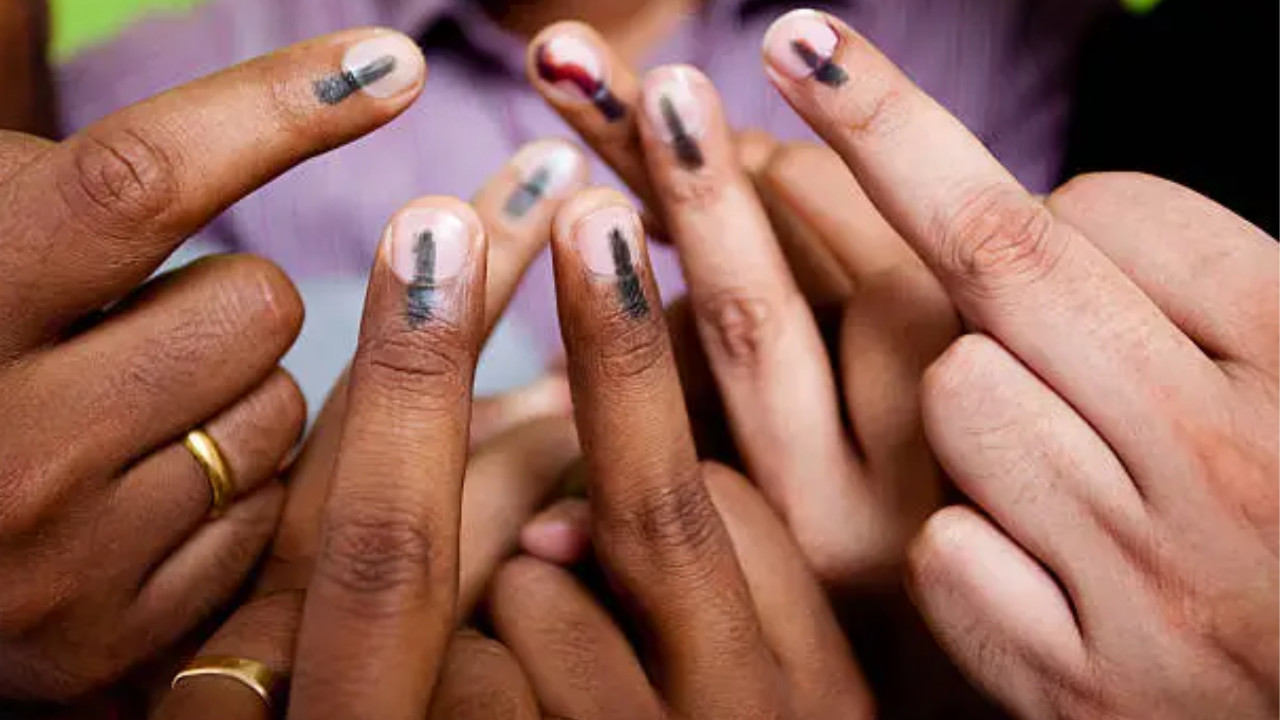
3 Former Chief Justices Back Simultaneous Polls but Raise Concerns Over Bill (Source: iStock)
Three former Chief Justices of India have supported the idea of holding national and state elections at the same time, commonly called “One Nation, One Election.” They shared their views with a parliamentary committee reviewing the proposed bill. While they agreed the concept does not violate the Constitution, they raised some important concerns about the bill’s details, especially the broad powers given to the Election Commission of India (ECI).
Former CJI D.Y. Chandrachud stated that the Constitution doesn’t require national and state elections to be held separately. Therefore, simultaneous polls are legally valid. However, he warned that the bill gives too much unchecked authority to the ECI. He said the law must clearly outline when and how the EC can use its powers, especially if it can delay or shorten the terms of elected governments.
Former CJIs Ranjan Gogoi and U.U. Lalit also shared their thoughts. Gogoi agreed that giving excessive power to the EC is risky. Lalit suggested that the process of implementing simultaneous elections should happen gradually. He believed forcing all assemblies to end early for the sake of synchronization could face legal challenges.
Chandrachud also pointed out that simultaneous elections might give an unfair advantage to large national parties, making it harder for smaller regional parties to compete. He recommended stricter rules on campaign spending to ensure fairness. He added that while candidates have spending limits, political parties themselves don’t, which can cause imbalance.
Another issue he highlighted was the short term of governments formed through midterm elections. If a new government has only a year or less before the next general election, it may not be able to deliver much, as the Model Code of Conduct would limit its actions.





Copyright © 2026 Top Indian News
